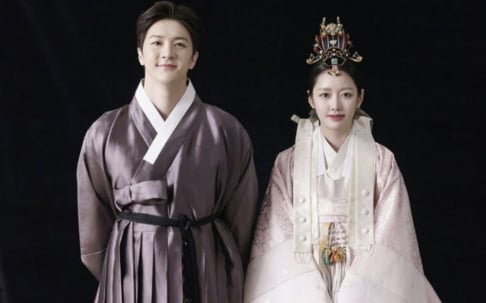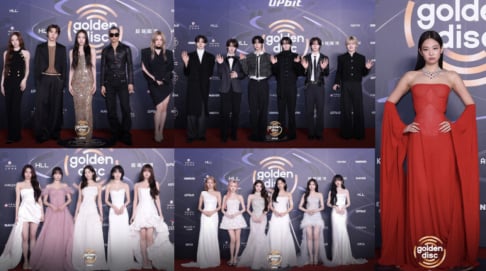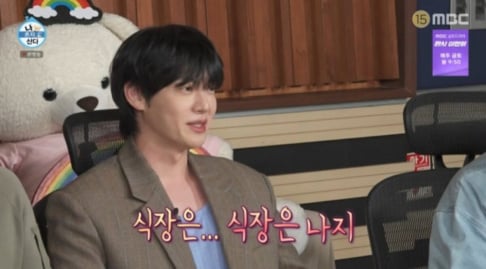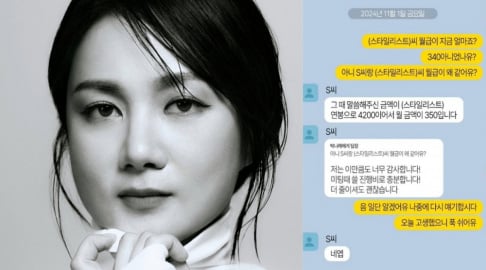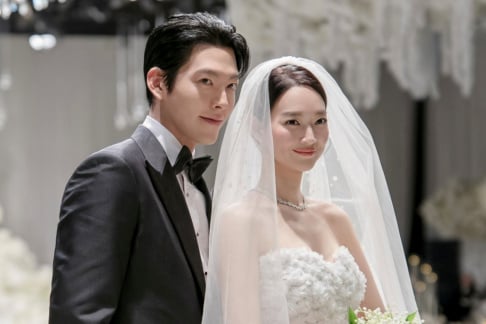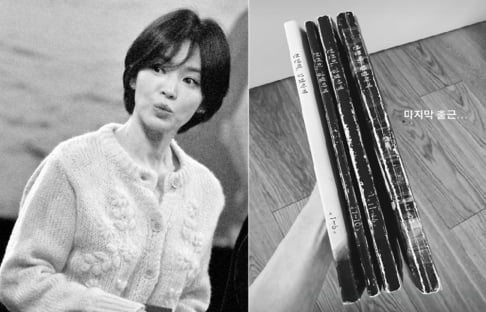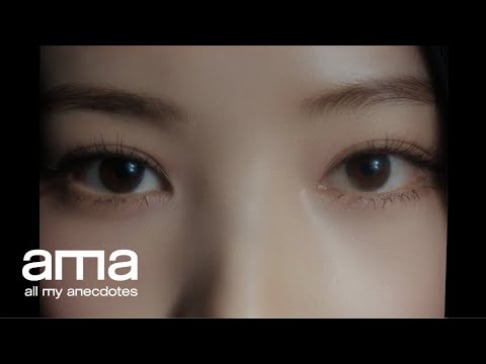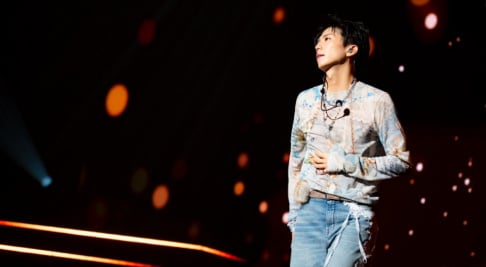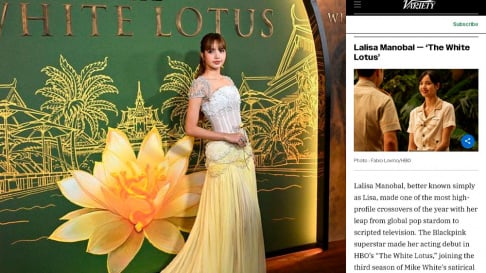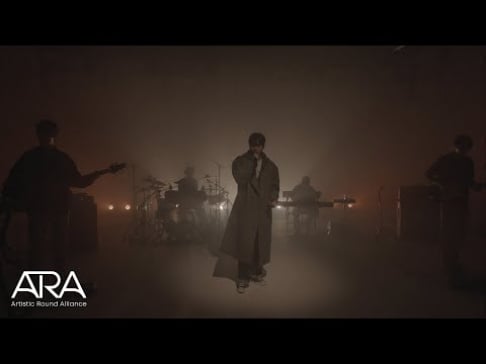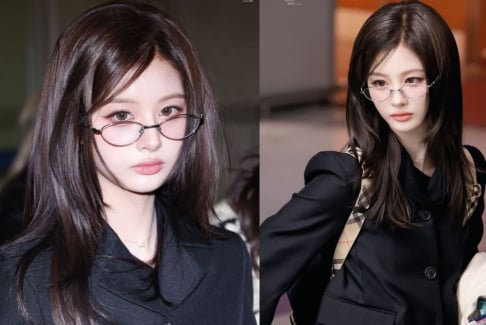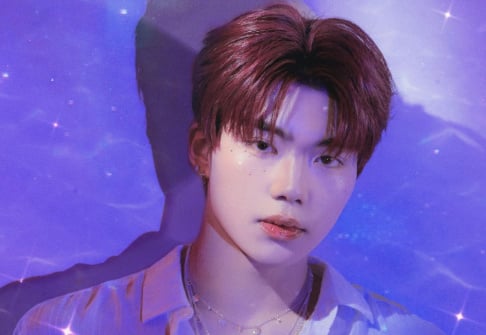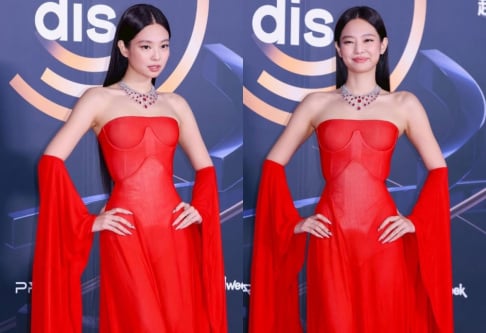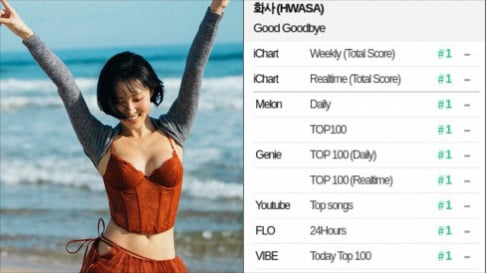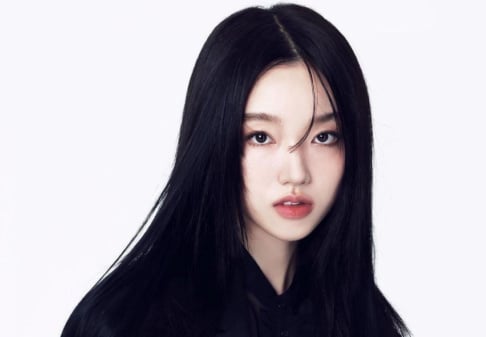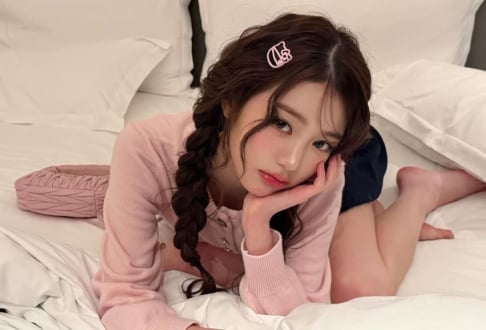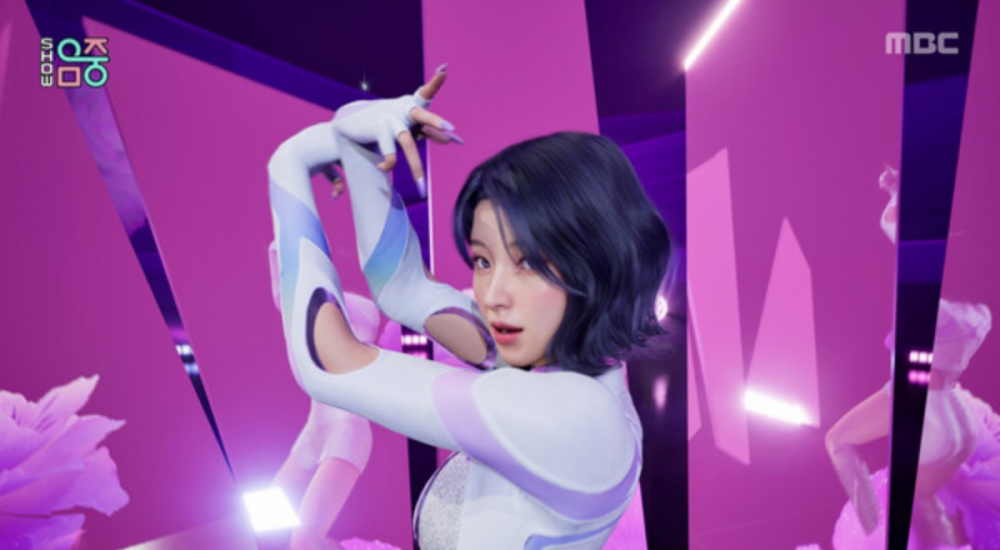
Virtual artist Nævis made her first televised appearance on August 16 through MBC Show! Music Core, performing the new track Sensitive. The stage was part of a broader collaboration between SM Entertainment and MBC, following an MOU signed to expand virtual content in music and media. SM emphasized that the stage was designed to blur the line between reality and virtuality, with MBC’s virtual content division taking charge of production.
The performance featured a funky pop-dance track built around groovy bass and playful lyrics describing the rush of first encounters in the real world. Nævis, voiced through AI technology and visualized through generative content, presented choreography and visuals intended to replicate the dynamics of a live K-pop stage. This followed her earlier preview performance at 'SMTOWN LIVE 2025'.
Audience reactions, however, were mixed. While some highlighted the novelty of introducing a fully virtual idol onto terrestrial television, others criticized the execution as lacking immersion and polish compared to traditional K-pop stages. The absence of human dancers and live interplay left some viewers feeling detached, with comments pointing out that the performance looked more like a concept demo than a finished stage.
Comparisons also arose with other virtual acts such as Huntirx, where fans noted that the issue was less about technology itself and more about narrative framing. Whereas Huntirx performances leaned heavily on storytelling and worldbuilding, Sensitive was seen by some as relying too much on technical display without offering a compelling emotional anchor.
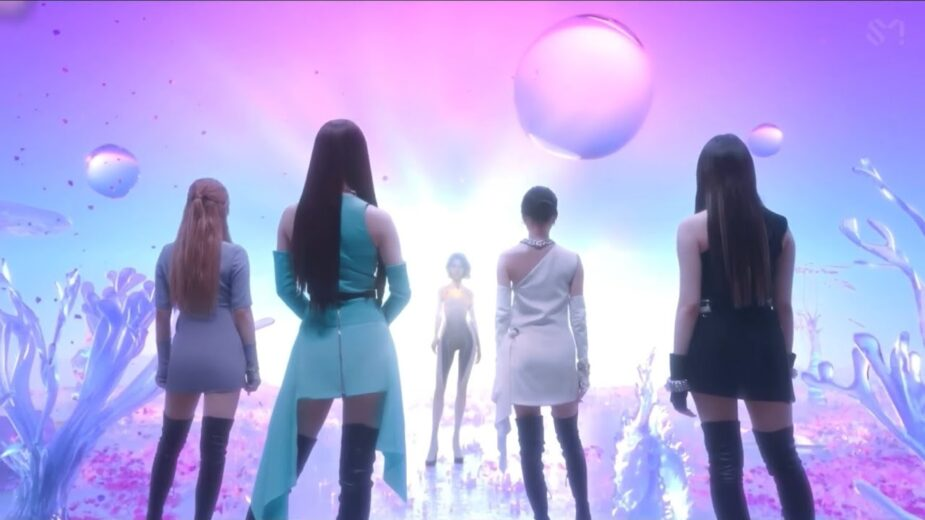
Nævis, first introduced within the broader æspa universe, has since been expanded into a standalone project. With her AI-driven voice, music releases, and collaborations in gaming and branding, SM Entertainment positions her as part of a growing IP strategy that extends beyond traditional artist management. Her latest appearance underscores the company’s continued bet on virtual idols, but the divided reception also highlights ongoing debates about how far such characters can capture the essence of live K-pop performance.
SEE ALSO: Lim Hyung Joon recounts harrowing moment he saved Kim Soo Yong after cardiac arrest
 SHARE
SHARE



